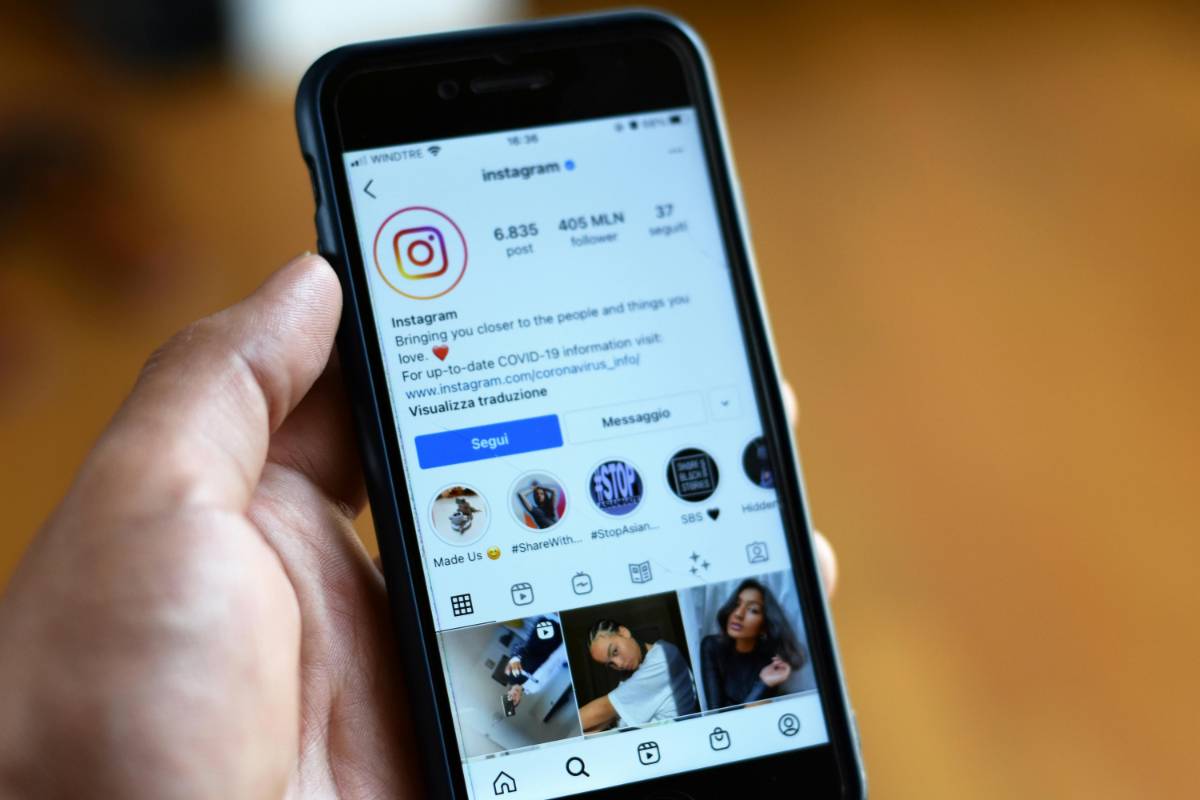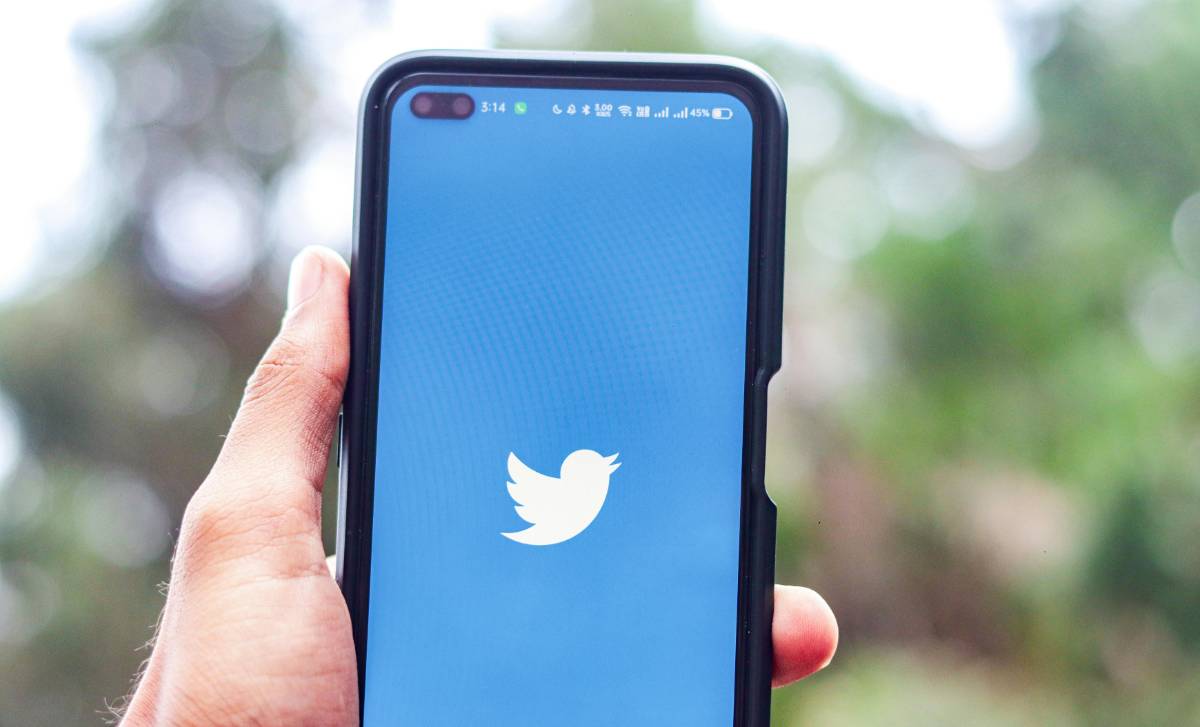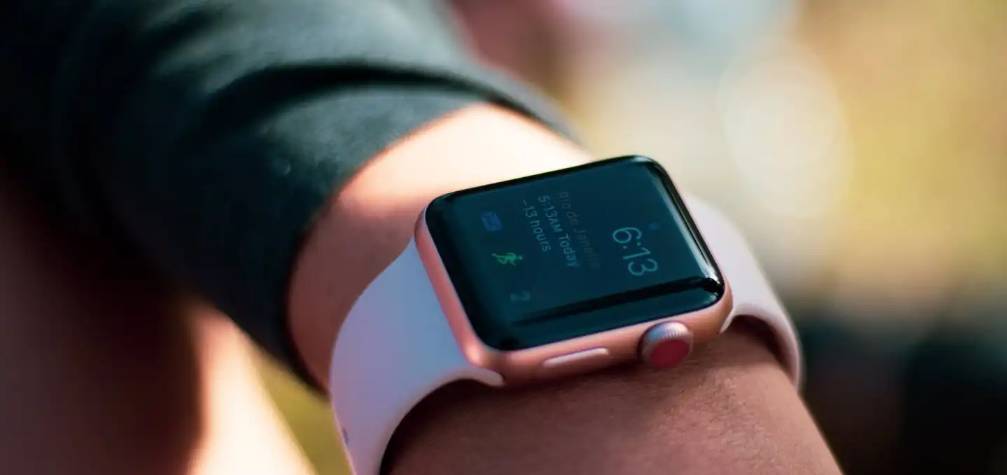How Social Media Shapes Political Opinions and Elections
26 Aug 2025
Read Time: 4 min read

Social media has become a powerful force in shaping political opinions and influencing elections. Platforms like Facebook, Twitter, and Instagram play a significant role in how people engage with political content, form opinions, and make decisions. Here’s an in-depth look at the impact of social media on politics and elections.
 The Spread of Political Information
The Spread of Political InformationSocial media has transformed the way political information is disseminated. News, campaign updates, and political debates are now instantly accessible to millions, breaking down traditional barriers to information.
This accessibility allows citizens to stay informed, but it also comes with challenges like the spread of misinformation. Viral posts, even if false, can influence public perception and shape political narratives.
Amplification of Political CampaignsSocial media provides a cost-effective platform for political campaigns to reach diverse audiences. Candidates can directly communicate with voters, share their policies, and build personal connections through live videos, tweets, and posts.
Campaigns often use targeted advertising powered by algorithms to focus on specific demographics, making their messages more effective in swaying undecided voters.
While social media connects people across the globe, it also creates echo chambers where users are exposed primarily to views that align with their own. Algorithms prioritize content that matches users’ preferences, reinforcing existing beliefs.
This phenomenon can lead to polarization, as individuals are less likely to encounter differing perspectives or engage in meaningful dialogue with those who hold opposing views.

💡 Discover More from Social-Media
Political influencers and activists have gained significant power on social media, shaping opinions and mobilizing supporters. These individuals use their platforms to advocate for causes, endorse candidates, and spark discussions on critical issues.
Their ability to connect with followers on a personal level often makes their messages more impactful than traditional political advertisements.
The Role of Fake News and BotsMisinformation and the use of bots are major concerns in the political landscape of social media. Fake news stories and automated accounts can spread misleading information, manipulate public opinion, and even disrupt democratic processes.
Efforts to combat these issues include fact-checking initiatives, transparency in political advertising, and the removal of malicious accounts, but challenges persist.
Voter Mobilization and EngagementSocial media plays a crucial role in encouraging voter participation. Campaigns and organizations use platforms to share voter registration information, deadlines, and polling locations, making it easier for citizens to engage in the electoral process.
Grassroots movements also thrive on social media, enabling ordinary individuals to organize and advocate for change effectively.
ConclusionSocial media has a profound impact on political opinions and elections, offering both opportunities and challenges. While it empowers citizens with information and connects them with political leaders, it also raises concerns about misinformation, polarization, and ethical practices. As social media continues to evolve, its influence on democracy will remain a critical area of focus for policymakers, platforms, and users alike.
Stay Informed
Get the latest and most accurate news delivered straight to your inbox. Subscribe now and never miss an update.

Anita Singh
An insightful voice in the industry, crafting content that informs, inspires, and connects with readers.
View all articles →















